Anger is the enemy of non-violence and pride is a monster that swallows it up
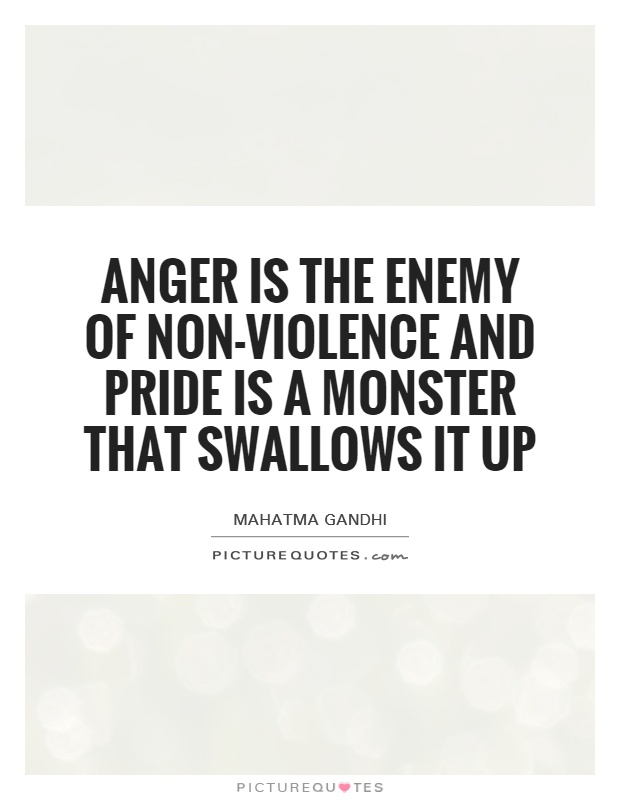
Anger is the enemy of non-violence and pride is a monster that swallows it up
Mahatma Gandhi, also known as the Father of the Nation in India, was a prominent leader in the Indian independence movement against British colonial rule. He was a firm believer in non-violence and civil disobedience as a means to achieve social and political change. Gandhi's philosophy of non-violence, or ahimsa, was deeply rooted in his spiritual beliefs and his commitment to truth and justice.In the context of the quote "Anger is the enemy of non-violence and pride is a monster that swallows it up," Gandhi's life and teachings exemplify the importance of overcoming anger and pride in order to practice non-violence effectively. Gandhi understood that anger and pride were obstacles to achieving true peace and harmony, both within oneself and in society as a whole.
Throughout his life, Gandhi faced numerous challenges and injustices, yet he remained steadfast in his commitment to non-violence. He believed that anger only begets more anger, leading to a never-ending cycle of violence and destruction. By practicing non-violence, Gandhi sought to break this cycle and create a more just and compassionate world.
Pride, on the other hand, was another obstacle that Gandhi recognized as a hindrance to non-violence. He understood that pride could blind individuals to their own faults and prevent them from seeing the humanity in others. Gandhi believed that humility and selflessness were essential qualities for those seeking to practice non-violence.
Gandhi's own life was a testament to his commitment to non-violence and his ability to overcome anger and pride. Despite facing numerous challenges and setbacks, Gandhi remained true to his principles and never wavered in his belief in the power of non-violence. His legacy continues to inspire people around the world to strive for peace, justice, and equality through non-violent means.


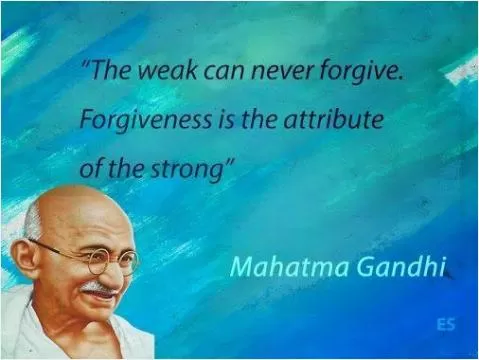

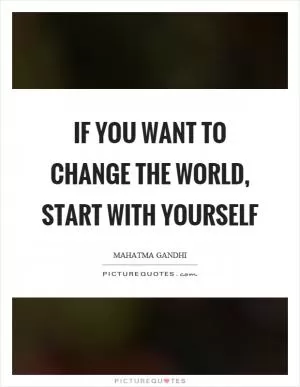
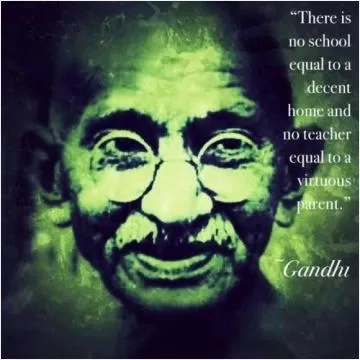


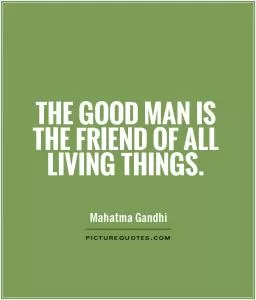
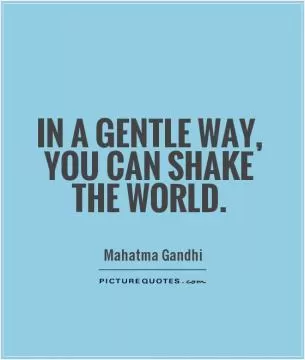
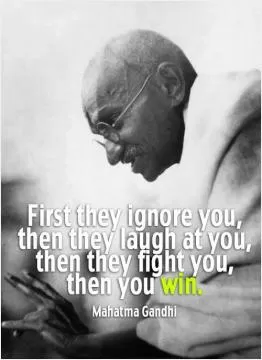
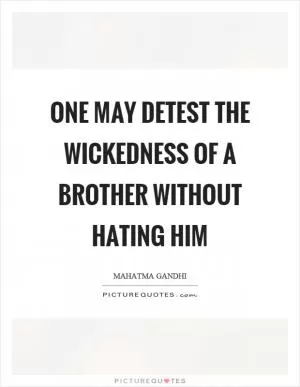
 Friendship Quotes
Friendship Quotes Love Quotes
Love Quotes Life Quotes
Life Quotes Funny Quotes
Funny Quotes Motivational Quotes
Motivational Quotes Inspirational Quotes
Inspirational Quotes